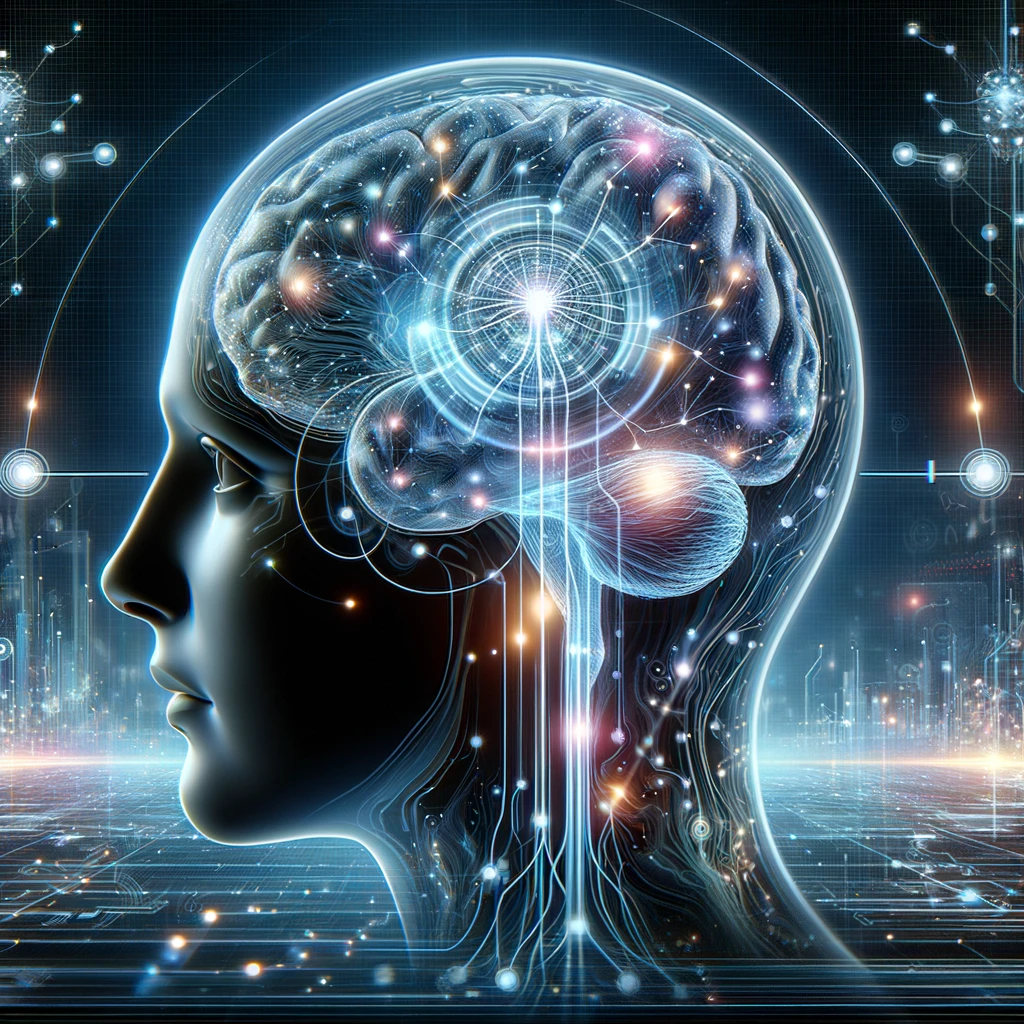Elon Musk has made headlines once again with the announcement that the inaugural recipient of the Neuralink brain chip has successfully recuperated from the surgical procedure required for its insertion, showcasing the capability to control a computer through thought alone.
The revelation came after Neuralink, Musk’s brainchild company, obtained the green light to begin human trials in September, following the successful implantation of the chip late the previous month. The operation utilizes a sophisticated robot to embed the coin-sized chip, equipped with exceptionally thin and flexible threads, into a brain area responsible for movement intention, as detailed by Neuralink. This chip’s function is to wirelessly capture and transmit cerebral signals to an application that interprets these signals as movement intentions.
During a recent Spaces event, Musk expressed satisfaction with the progress, noting, “
progress is good
” and that the individual has “
made a full recovery with no ill effects that we are aware of
.” He further disclosed that the individual, whose identity remains undisclosed, is now able to navigate a computer mouse across a screen purely through thought.
The endeavor’s current focus is on refining the precision of mouse movements and clicks, aiming for the participant to adeptly click, drag, and manipulate objects on the screen, Musk elaborated.
Neuralink’s ambitious project, referred to as the PRIME Study, seeks to pioneer a “fully-implantable, wireless brain-computer interface.” The initial objective is to enable individuals to control a computer cursor or keyboard solely with their thoughts. The long-term vision extends to introducing revolutionary treatments for a spectrum of physical impairments and conditions, including paralysis, blindness, obesity, autism, depression, and schizophrenia.
Musk has posited that the evolution of methods for interfacing with computers and processing data is crucial for human survival in an era increasingly governed by artificial intelligence.
Reflecting on the broader implications of Neuralink’s technology in a 2018 conversation with Joe Rogan, Musk suggested that beyond addressing disabilities, the technology could eventually facilitate wordless communication between humans and foster a “
symbiosis
” with AI, anticipating its pervasive presence in the future. This initiative marks a significant milestone in the quest for enhancing human capabilities and offers a glimpse into a future where the boundaries between the human mind and machines blur, opening new horizons for humanity.

















